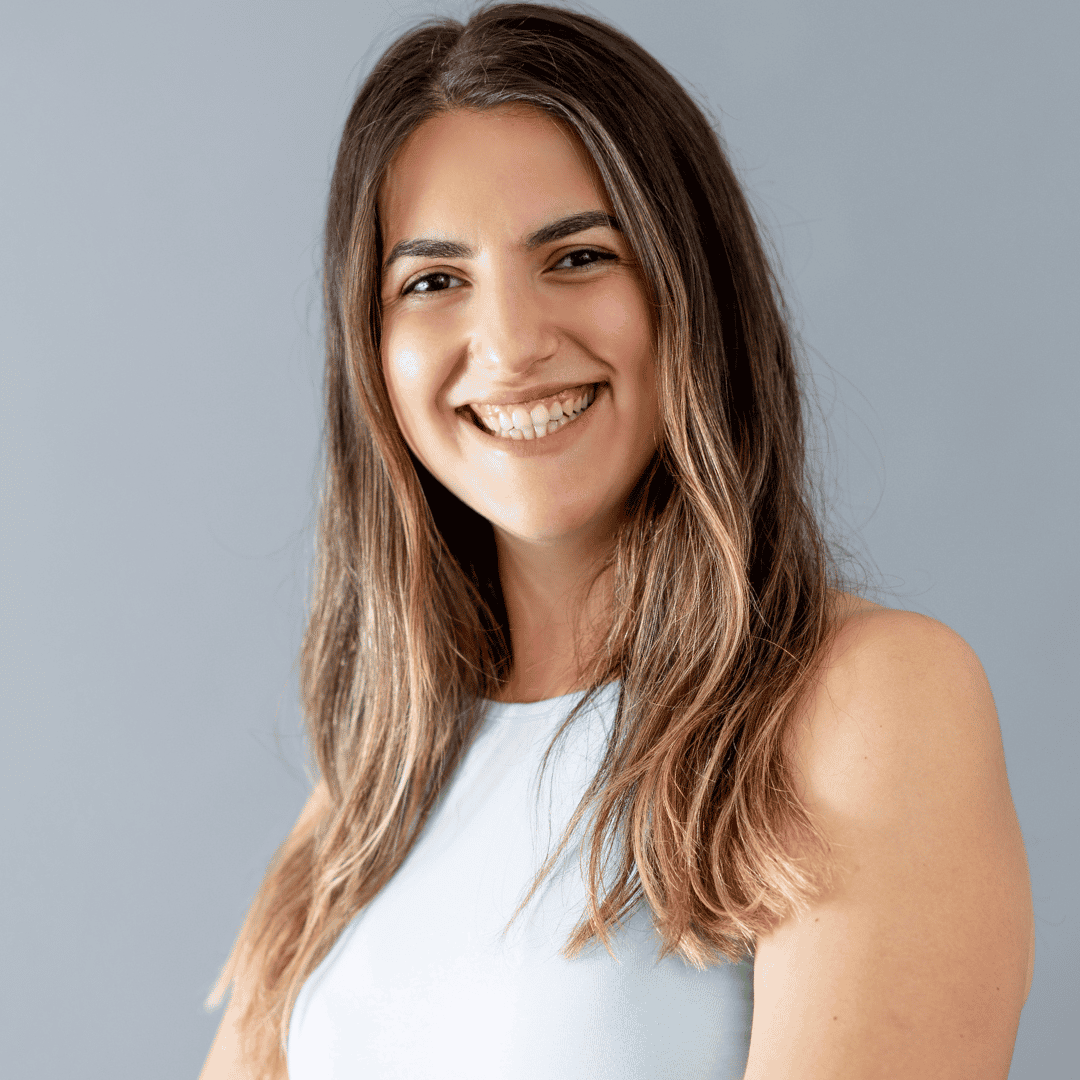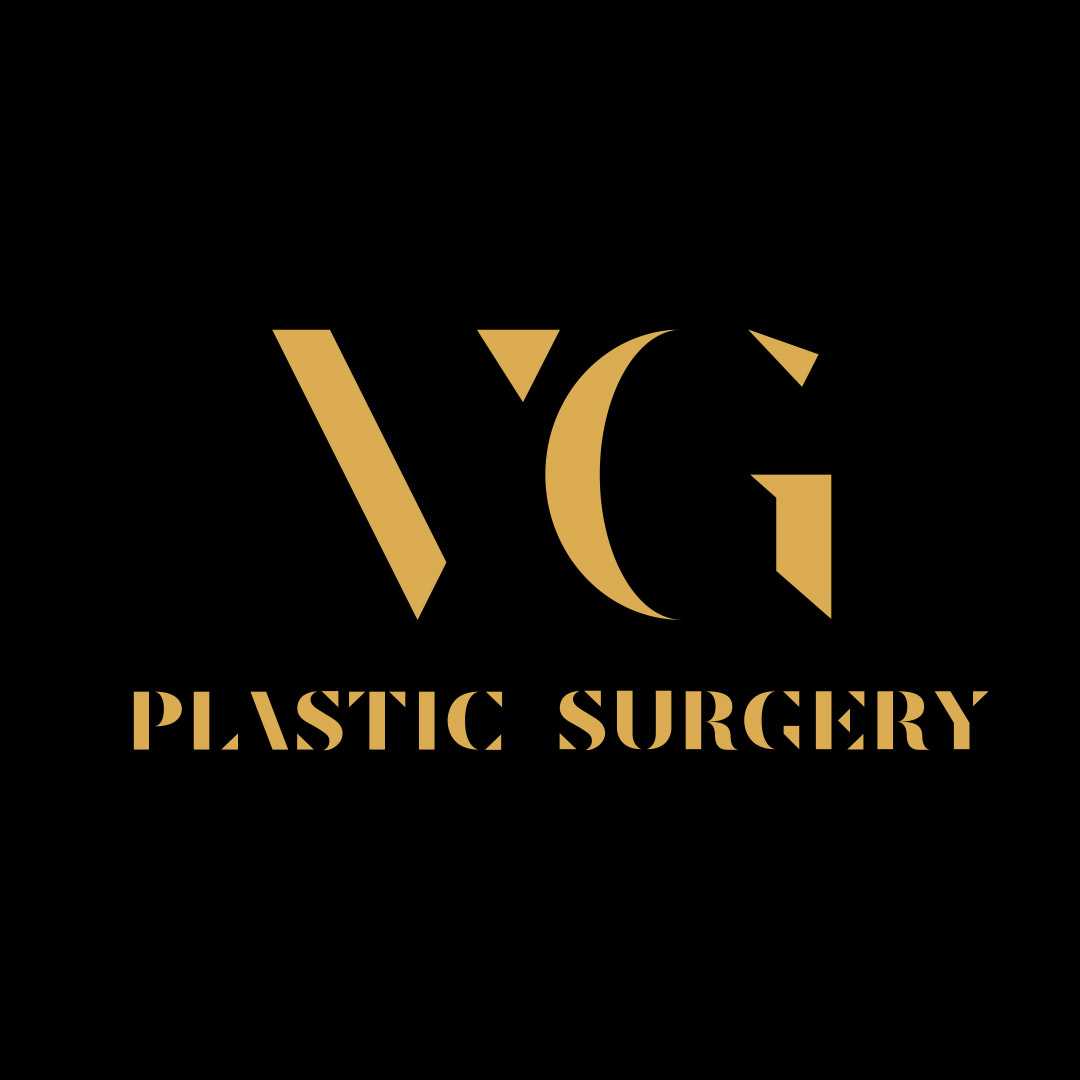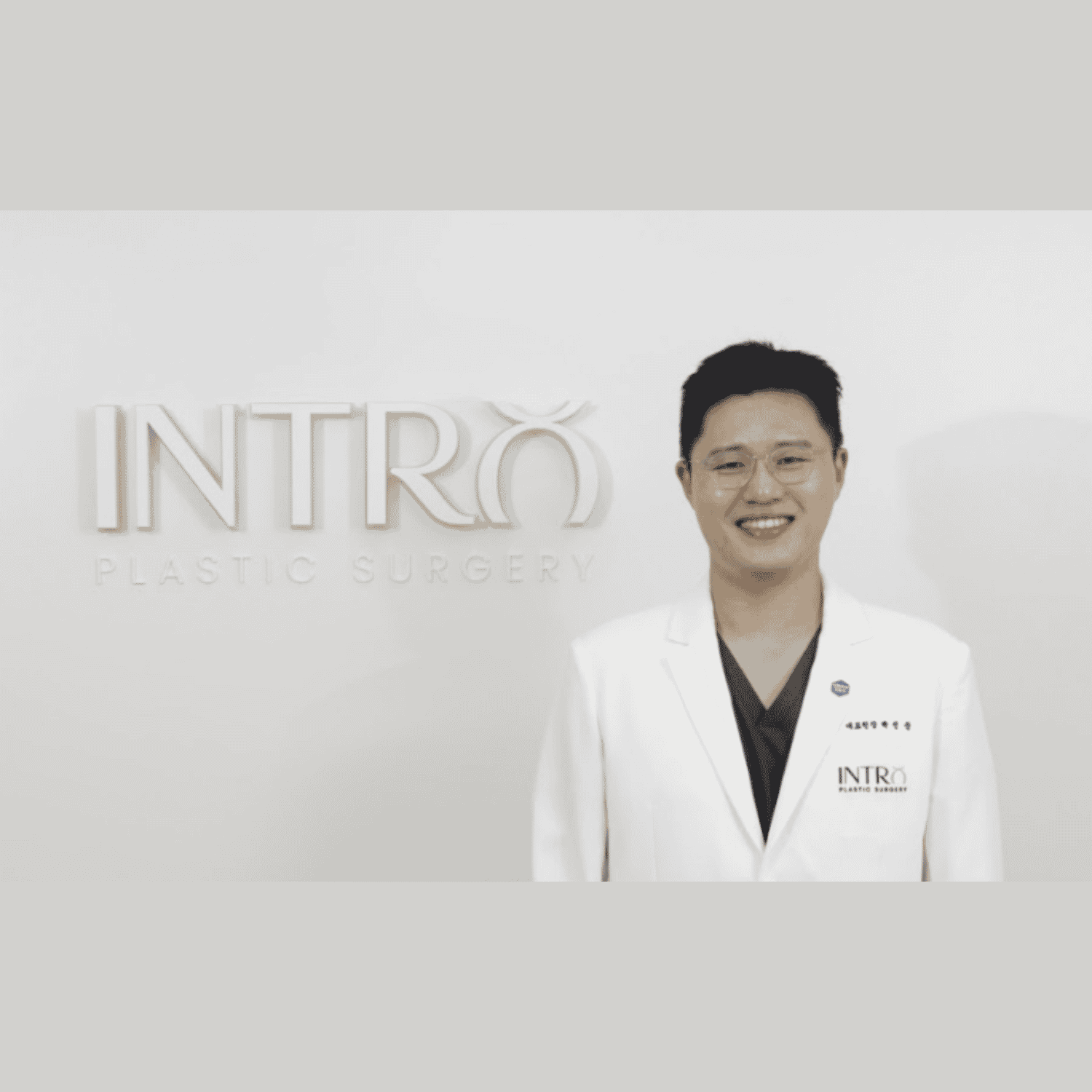Prep for Labiaplasty in Gangnam: A Step-by-Step Guide
-in-Gangnam.png)
Let's talk about it. Considering a labiaplasty, or female genital cosmetic surgery, is a deeply personal decision. And choosing to have it done in Gangnam, Seoul—the world's plastic surgery capital—adds a whole other layer of planning. It’s exciting, sure, but it can also feel like a *lot*. You're probably thinking about the results, but the success of your procedure really begins way before you ever step into the operating room. It starts with preparation.
Properly preparing for your labiaplasty in Gangnam isn't just about packing a bag. It's about setting yourself up for a smoother, safer, and less stressful experience. When you're traveling so far for a procedure, you want to get it right. This guide is here to walk you through every single step, from that first Google search to the day you board your flight. Think of this as your prep checklist for getting the best possible care and results in Korea.
Your Step-by-Step Labiaplasty Preparation Guide for Gangnam
We're going to break this down into manageable steps. Don't try to do it all at once; just take it one thing at a time.
Step 1: The Deep-Dive Research (Choosing Your Surgeon is Everything)
This is, without a doubt, the most critical part of your preparation. Gangnam has, no joke, hundreds of clinics. You are not looking for a general plastic surgeon who "also does" labiaplasty. You are looking for a specialist.
- Look for Specialists: Your surgeon should be a board-certified plastic surgeon or gynecologist with a specific focus on female genital cosmetic surgery. Ask them directly: "How many labiaplasty procedures do you perform a month?" You want a number that shows this is a routine part of their work, not a rare request.
- Check Credentials: Look for memberships in reputable organizations like the Korean Society of Plastic and Reconstructive Surgeons (KSPRS). International memberships (like ISAPS) are a plus.
- Analyze Before & After Photos: This is huge. Look for photos of patients who have a similar "before" anatomy to yours. Do the "after" results look natural? Do they align with your goals? Be wary of overly airbrushed or single-angle photos.
- Read Reviews (with a grain of salt): Use platforms like RealSelf, forums, and even Google reviews. But be a detective. Look for detailed reviews that talk about the whole process—the consultation, the staff, the post-op care, not just "I love my results!" Authentic reviews often mention the small struggles, too.
A good surgeon will make you feel comfortable. A great surgeon will have the specialty experience to back it up. This preparation phase is where you ensure your safety.
Step 2: The Virtual Consultation (Your Interview)
Since you're planning this from abroad, your first meeting will almost certainly be online. The best Gangnam clinics are experts at this. Don't be shy; this is your time to interview them.
How to prepare for the call:
- Your Medical History: Have a list of any past surgeries, current medications (including supplements and birth control), allergies, and any health conditions. Be 100% honest.
- TEST
- Your Questions: Write them down! Here are some must-asks:
- "Which labiaplasty technique (e.g., trim, wedge, composite) do you recommend for me, and why?"
- "What kind of anesthesia will be used? Local or general?"
- "What are the specific risks associated with this technique?"
- "Who handles the post-operative care? Will I see you, the surgeon, at every follow-up?"
- "What is the *total* cost? Does it include anesthesia, facility fees, post-op appointments, and any needed prescriptions?"
- Your Goals: Be very clear about what you hope to achieve. Are your concerns functional (tugging, discomfort) or purely aesthetic, or both? The more specific you are, the better.
Pay attention to the vibe. Do they listen? Do they rush you? Do they have a translator available if needed? Trust your gut. A good consultation for vaginal rejuvenation in Korea should leave you feeling informed and respected, not pressured.
Step 3: Get Your Medical "Go-Ahead"
Once you've tentatively chosen a clinic, they'll need to confirm you're a good candidate for surgery. This involves two parts: at home and in Korea.
- At Home: Your Gangnam clinic will likely ask you to get pre-operative clearance from your primary care doctor. This usually involves basic blood tests (like a CBC, clotting panel) and a general health check-up to make sure you're safe for anesthesia.
- In Seoul: Most top-tier clinics in Gangnam will run their own set of blood tests and an EKG (heart check) when you arrive, often the day before your surgery. This is a sign of a high-quality, safe practice.
This is also the time to *stop* certain things. This is non-negotiable preparation.
- Stop Smoking & Vaping: At least 4-6 weeks before. Nicotine is a disaster for healing. It constricts blood vessels, and you desperately need good blood flow to that delicate area for it to heal well.
- Stop Alcohol: At least one week before. It thins your blood and can interact with anesthesia.
- Stop Blood-Thinning Meds & Supplements: At least two weeks before. This includes Aspirin, Ibuprofen (Advil, Motrin), Naproxen, and supplements like Vitamin E, fish oil, ginkgo biloba, and garlic. They all increase your risk of bleeding and bruising. (Paracetamol/Tylenol is usually fine, but ask your surgeon).
Step 4: Logistics Planning: Your Trip to Seoul
Okay, you've got your surgeon and your medical plan. Now to plan the "tourism" part of "medical tourism."
- Flights: Book your flights to Incheon (ICN). Plan to arrive in Seoul at least 2-3 days before your surgery date. This gives you time to get over jet lag, have your in-person consultation, do your final clinic tests, and just... breathe.
- Accommodation: This is a key part of your preparation. Book a hotel or an Airbnb near your clinic in Gangnam. You will not want to sit in a taxi for 40 minutes for your post-op check-ups. Look for a place with a comfy bed, strong Wi-Fi, and maybe a small kitchen or fridge for snacks and drinks. A ground-floor room or a building with an elevator is a really good idea.
- How Long to Stay: This is a big one. Do NOT plan to fly home after 3 days. For a labiaplasty, you should plan to stay in Seoul for a minimum of 7 to 10 days. You will typically have your stitches removed (if they aren't dissolvable) and a final check-up around day 7. Flying too soon is risky (blood clots) and uncomfortable.
- Passport & Visa: Check your passport's expiration date! Make sure you don't need a visa for South Korea (many countries don't for short stays, but you must check).
Step 5: Pack Your "Labiaplasty Recovery Kit"
Packing for this trip is different from packing for a vacation. This is your survival kit. Trust me, having this stuff ready will make your first few days of recovery so much better.
- Loose, Loose, Loose Clothes: The loosest pants you own. Think baggy sweatpants, pajama bottoms, skirts, or dresses. You want nothing touching or rubbing the area.
- Peri Bottle (Squeeze Bottle): Your new best friend. You'll use this to gently rinse the area with warm water after you use the bathroom instead of wiping. The clinic might provide one, but bring your own just in case.
- Donut Pillow: A life-saver for sitting on the flight home and even just on the couch in your hotel. It takes the pressure off.
- Gel Ice Packs: The clinic will provide some, but having extras is amazing. The small, flexible gel ones are best. You'll be icing *a lot* in the first 48 hours to manage swelling.
- Maxi Pads/Sanitary Napkins: You can't use tampons. You'll need pads for any light bleeding or discharge.
- Stool Softener: Start taking this a day or two before your surgery. Anesthesia + painkillers = constipation. The last thing you want to do is strain. This is a crucial, often-overlooked tip.
- Entertainment: Laptop, tablet, books, Netflix queue downloaded. You will be resting. A lot. Don't plan on doing heavy-duty sightseeing.
- Simple Snacks: Protein bars, crackers, etc. Things you can eat easily in your hotel room when you don't feel like venturing out.
Step 6: The 24-48 Hours Before Surgery
You're in Gangnam! It's almost time. Here's the final prep.
- Final In-Person Consultation: This is where you meet your surgeon (again). They will confirm the surgical plan, maybe make some pre-op markings, and you can ask any last-minute "oh my god, I just thought of this" questions.
- Fasting: You will be given a strict cut-off time for food and water (usually after midnight). Follow this exactly. It's for your safety with the anesthesia.
- Pack Your "Go-Bag": Just a small bag for the clinic on surgery day. Include your passport/ID, your phone, any papers, and the loose, comfy outfit you'll wear home.
- Shower: Shower the night before or the morning of with an antibacterial soap (like Hibiclens or one the clinic provides). Do not apply any lotions, perfumes, or deodorant.
- Try to Relax: I know, easier said than done. You've done all the preparation. You've chosen a great surgeon in one of the world's top destinations. You're ready. Listen to some calming music, watch a movie, and get some sleep.
FAQs: What People Also Ask About Labiaplasty in Gangnam
You've got questions, and you're not the only one. These are some of the most common things people search for.
How long do I really need to stay in Gangnam after my labiaplasty?
Plan for 7-10 days, minimum. This allows for your 1-2 crucial post-op check-ups and, most importantly, your stitch removal (if applicable) which usually happens around day 7. Flying right after that is fine, but giving yourself an extra day or two buffer is smart. Don't rush your recovery.
What is the labiaplasty recovery really like? Will I be in a lot of pain?
Let's be real: the first 3-4 days are the most uncomfortable. It's less "sharp pain" (thanks to meds) and more "swollen, throbbing, and awkward." Swelling is the main enemy. This is why icing is your full-time job for the first 48 hours. After day 4, it rapidly improves for most people. You'll be walking, but you'll be walking carefully.
When can I fly home after female genital cosmetic surgery in Seoul?
Most surgeons will clear you to fly after your 7-day check-up. The flight itself isn't the problem, but sitting for that long can be. This is where your donut pillow is essential. Get up and walk the aisle every hour to keep your blood circulating and prevent blood clots (DVT), which is a risk after *any* surgery.
What’s the difference between the trim and wedge labiaplasty techniques?
This is a great question for your surgeon. The Trim (or linear) technique involves trimming the excess edge of the labia minora. It's very effective but can sometimes result in a less natural-looking scalloped edge. The Wedge technique involves cutting a V-shaped wedge from the thickest part of the labia and stitching the two edges together. This preserves the natural border and is often preferred for a more aesthetic result, but it's more complex. Your surgeon will recommend the best one for your anatomy.
Why is Gangnam, Korea so popular for labiaplasty?
Two main reasons: expertise and technology. Korean surgeons, especially in Gangnam, are renowned for their meticulous, precise surgical skills and aesthetic eye. Because the market is so competitive, clinics invest in the latest technology (like surgical lasers, which can reduce bleeding and scarring). Plus, they have immense experience with international patients, so the whole process is very streamlined.
How soon can I walk or sit normally after the procedure?
You'll be "walking" (more like shuffling) the same day, just to go to the bathroom. You'll be walking slowly around your hotel room for the first few days. Sitting is the trickiest part. You'll be "perching" on your sit bones or using your donut pillow for the first week. You won't be sitting normally and comfortably for probably 1-2 weeks.
What are the risks I should be aware of?
All surgery has risks. For labiaplasty, the most common are bleeding, infection, and bruising. More specific risks include over-resection (taking too much), under-resection, asymmetry, scalloping of the edges, or sensation loss. This is *exactly* why choosing a specialist surgeon (Step 1!) is so important. A specialist knows how to avoid these complications.
You're Prepared. Let PlacidWay Make it Simple.
Feeling overwhelmed? I get it. Preparing for surgery abroad, especially in a world-class hub like Gangnam, involves a lot of moving parts. You don't have to navigate this alone. All this research, vetting clinics, and coordinating logistics... it's a job in itself.
PlacidWay is here to simplify that entire journey. We connect you with world-class, pre-screened clinics and board-certified surgeons in Seoul who specialize in female genital cosmetic surgery. We can help you get second opinions, compare all-inclusive packages, and ensure your medical journey is smooth, safe, and secure from start to finish.
Stop feeling stressed about the "how" and start getting excited about the "why." Contact PlacidWay today for a free, no-obligation consultation and take the first confident step towards your transformation in Korea.


.png)




.png)
.png)
.png)







Share this listing